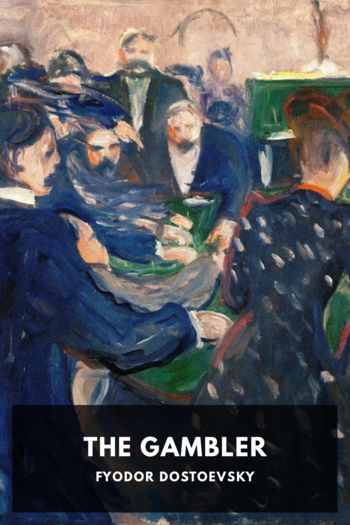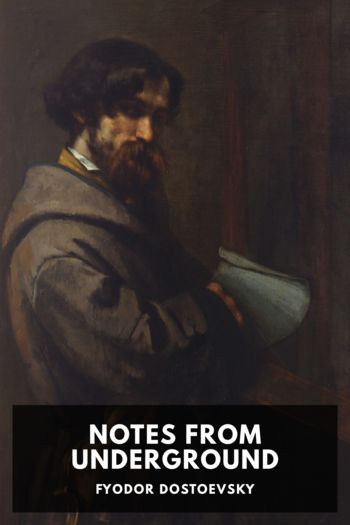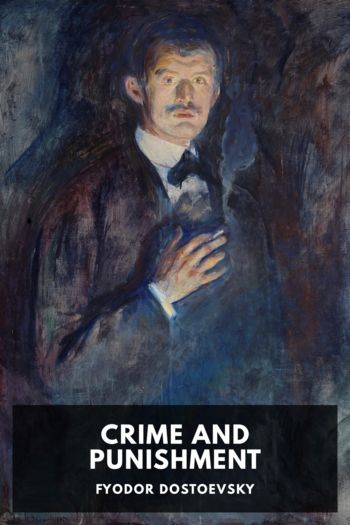to preserve all Christian communion with the criminal. She admits him to church services, to the holy sacrament, gives him alms, and treats him more as a captive than as a convict. And what would become of the criminal, O Lord, if even the Christian society—that is, the Church—were to reject him even as the civil law rejects him and cuts him off? What would become of him if the Church punished him with her excommunication as the direct consequence of the secular law? There could be no more terrible despair, at least for a Russian criminal, for Russian criminals still have faith. Though, who knows, perhaps then a fearful thing would happen, perhaps the despairing heart of the criminal would lose its faith and then what would become of him? But the Church, like a tender, loving mother, holds aloof from active punishment herself, as the sinner is too severely punished already by the civil law, and there must be at least someone to have pity on him. The Church holds aloof, above all, because its judgment is the only one that contains the truth, and therefore cannot practically and morally be united to any other judgment even as a temporary compromise. She can enter into no compact about that. The foreign criminal, they say, rarely repents, for the very doctrines of today confirm him in the idea that his crime is not a crime, but only a reaction against an unjustly oppressive force. Society cuts him off completely by a force that triumphs over him mechanically and (so at least they say of themselves in Europe) accompanies this exclusion with hatred, forgetfulness, and the most profound indifference as to the ultimate fate of the erring brother. In this way, it all takes place without the compassionate intervention of the Church, for in many cases there are no churches there at all, for though ecclesiastics and splendid church buildings remain, the churches themselves have long ago striven to pass from Church into State and to disappear in it completely. So it seems at least in Lutheran countries. As for Rome, it was proclaimed a State instead of a Church a thousand years ago. And so the criminal is no longer conscious of being a member of the Church and sinks into despair. If he returns to society, often it is with such hatred that society itself instinctively cuts him off. You can judge for yourself how it must end. In many cases it would seem to be the same with us, but the difference is that besides the established law courts we have the Church too, which always keeps up relations with the criminal as a dear and still precious son. And besides that, there is still preserved, though only in thought, the judgment of the Church, which though no longer existing in practice is still living as a dream for the future, and is, no doubt, instinctively recognized by the criminal in his soul. What was said here just now is true too, that is, that if the jurisdiction of the Church were introduced in practice in its full force, that is, if the whole of the society were changed into the Church, not only the judgment of the Church would have influence on the reformation of the criminal such as it never has now, but possibly also the crimes themselves would be incredibly diminished. And there can be no doubt that the Church would look upon the criminal and the crime of the future in many cases quite differently and would succeed in restoring the excluded, in restraining those who plan evil, and in regenerating the fallen. It is true,” said Father Zossima, with a smile, “the Christian society now is not ready and is only resting on some seven righteous men, but as they are never lacking, it will continue still unshaken in expectation of its complete transformation from a society almost heathen in character into a single universal and all-powerful Church. So be it, so be it! Even though at the end of the ages, for it is ordained to come to pass! And there is no need to be troubled about times and seasons, for the secret of the times and seasons is in the wisdom of God, in His foresight, and His love. And what in human reckoning seems still afar off, may by the Divine ordinance be close at hand, on the eve of its appearance. And so be it, so be it!”
“So be it, so be it!” Father Païssy repeated austerely and reverently.
“Strange, extremely strange!” Miüsov pronounced, not so much with heat as with latent indignation.
“What strikes you as so strange?” Father Iosif inquired cautiously.
“Why, it’s beyond anything!” cried Miüsov, suddenly breaking out; “the State is eliminated and the Church is raised to the position of the State. It’s not simply Ultramontanism, it’s arch-Ultramontanism! It’s beyond the dreams of Pope Gregory the Seventh!”
“You are completely misunderstanding it,” said Father Païssy sternly. “Understand, the Church is not to be transformed into the State. That is Rome and its dream. That is the third temptation of the devil. On the contrary, the State is transformed into the Church, will ascend and become a Church over the whole world—which is the complete opposite of Ultramontanism and Rome, and your interpretation, and is only the glorious destiny ordained for the Orthodox Church. This star will arise in the east!”
Miüsov was significantly silent. His whole figure expressed extraordinary personal dignity. A supercilious and condescending smile played on his lips. Alyosha watched it all with a throbbing heart. The whole conversation stirred him profoundly. He glanced casually at Rakitin, who was standing immovable in his place by the door listening and watching intently though with downcast eyes. But from the color in his cheeks Alyosha guessed that Rakitin was probably no less excited, and he knew what caused his excitement.
“Allow me to tell you one little anecdote, gentlemen,” Miüsov said impressively, with a peculiarly majestic air. “Some






Comments (0)